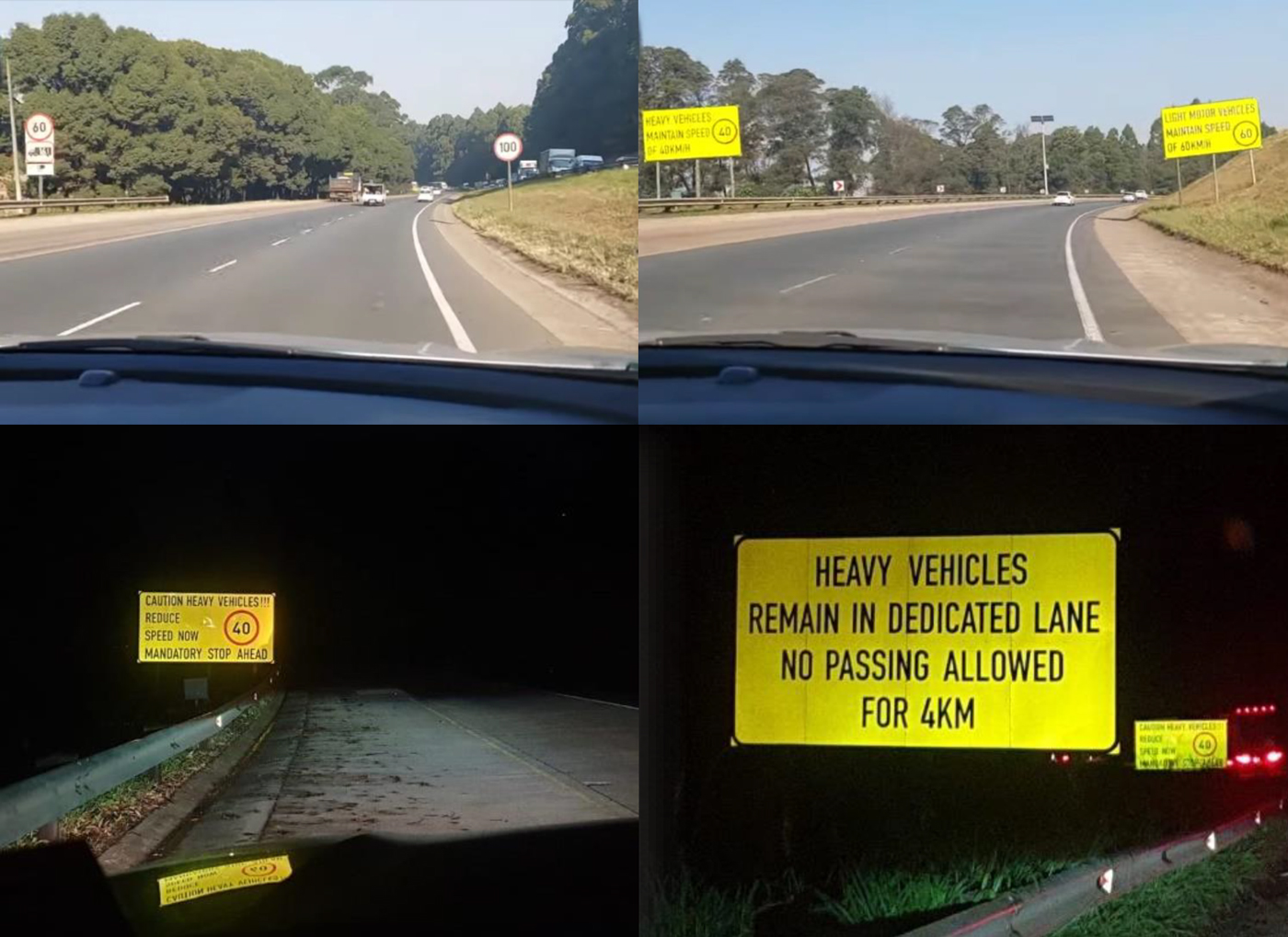Route risk assessments are vital!
Route risk assessments are vital!
It is extremely important for all transport operators to conduct thorough route risk assessments. NICCI SCOTT explains why…
In light of recent road crashes in South Africa, conducting a route risk assessment (RRA) is crucial for transport operators to ensure the safety of their passengers, drivers, vehicles, and other road users. It is also required to comply with regulations and industry standards such as the Road Transport Management System (RTMS) and Safety & Quality Assessment for Sustainability (SQAS).
By taking proactive measures to identify and manage risks, transport operators can reduce the likelihood of accidents and improve the overall safety of their operations. Furthermore, transport operators can:
- Identify potential hazards such as sharp turns, steep grades, narrow bridges, or areas with poor road conditions.
- Assess the risk associated with each hazard, taking into account factors such as the frequency and severity of accidents, traffic volume, road conditions, pedestrians, and animals.
- Develop and implement measures to mitigate identified risks, such as adjusting the speed limit.
Conducting a RRA goes beyond simply driving the route and attempting to identify risks. “All too often, human error (or inappropriate speed) is cited as the primary cause of road crashes. However, this is often a case of the inappropriate speed for particular circumstances or road conditions,” advises Craig Proctor-Parker, from The Accident Specialist.

The RRA should be incorporated into the set-up of operators’ telematics via route corridors, as telematics alone does not inform operators of high-risk areas. Proctor-Parker also believes that much stricter driver training standards and a greater emphasis on driver standards in general need to be implemented, using the RRA as a basis.
The RRA should also inform the operator’s tracking control centre of crucial contact numbers for hospitals, police, towing companies, and even road clean-up operators.
Conducting a RRA should not be approached as a once-off event; continuous monitoring and review of the RRA is essential to keep it current and relevant, accounting for any changes to the road network or traffic patterns.
In December last year, Proctor-Parker conducted an in-depth RRA on the N3 East of Towns Hill with the support of Imperial Logistics, Delta Block South Africa, and City Logistics. The 28-page report, relying on Proctor-Parker’s expertise as a highly experienced accident specialist, provides key insights into the level of detail a RRA can offer.
Zolabix, a certification body accredited by the South African National Accreditation System (SANAS) for RTMS, has sought Proctor-Parker’s permission to share this valuable RRA as a key tool for maintaining compliance with RTMS standards for certification. The full report is available here.
I would now like to encourage operators to band together to fund a further six RRAs – to be conducted by Proctor-Parker – in an effort to improve road safety for all road users and the communities traversed by our national road network.
- Nicci Scott can be contacted at nicci@zolabix.co.za or via zolabix.co.za. Craig Proctor-Parker can be reached at craig@accidentspecialist.co.za.
Published by
Nicci Scott-Anderson
focusmagsa




